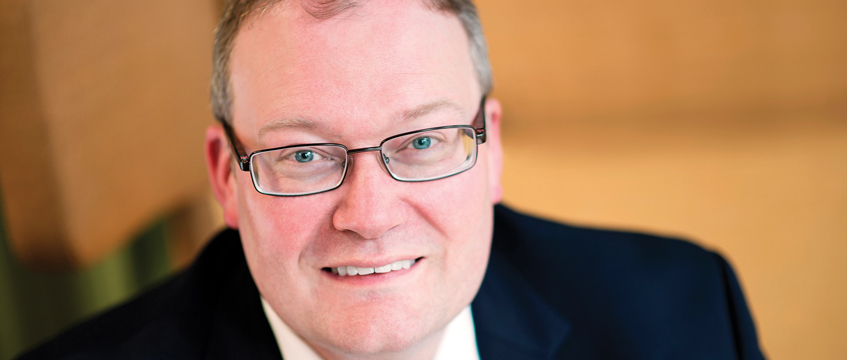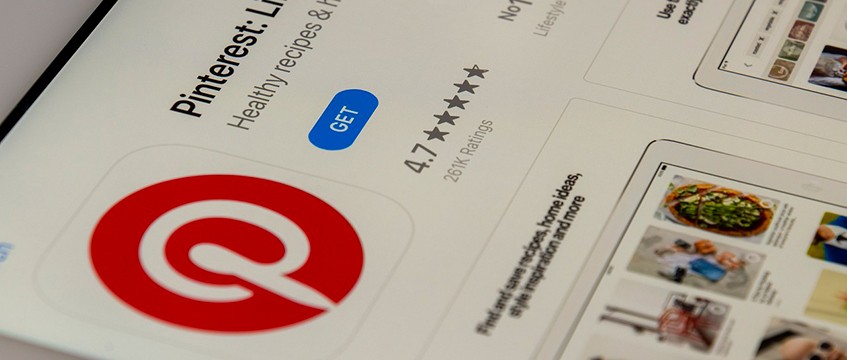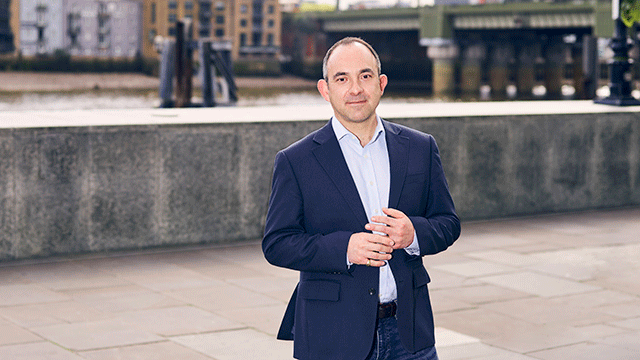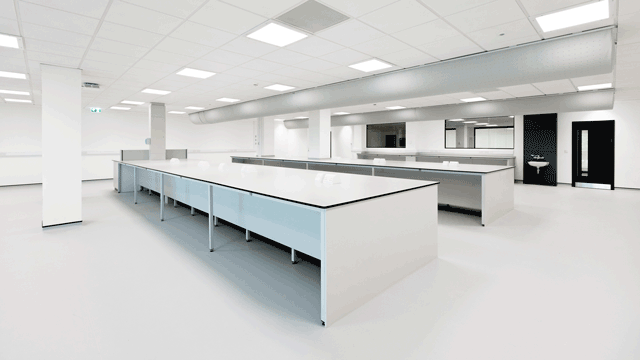COMMENT Over the past year, Covid-19 has had a devastating effect on people’s lives in cities across the country. Businesses large and small have had to cope with conditions that even the most far-sighted strategist would have been unlikely to predict. Organisations in the cultural sector have faced many of the same tough challenges as those in retail and hospitality. Museums, galleries, theatres and music venues were among the first to close, and have been some of the last to reopen.
Everybody loses when our cultural life is negatively affected. In economic terms, our cultural businesses made a pre-pandemic contribution of nearly £3bn a year in taxes, employing almost 340,000 people. Our creative industries sector was among the fastest growing in the whole UK economy but – important as economic arguments always are – the returns made on public investment in artists, arts companies, museums and libraries have always been so much greater than the purely financial. These organisations are part of the fabric of everyday life in their local communities – a source of happiness, wellbeing, and pride. For many of us, lockdown restrictions preventing us from being able to watch a play, hear live music, visit a museum or borrow library books left a huge hole in our lives.
Looking forward
In response to this crisis, Arts Council England has worked closely with the government to deliver the Culture Recovery Fund in providing an essential lifeline to make sure that our cultural infrastructure is still here for the post-pandemic audiences of today and tomorrow. To make this happen, the chancellor Rishi Sunak and the culture secretary Oliver Dowden have together been the architects of the biggest single investment in culture in our history, totalling some £1.8bn.
As our cultural sector reopens, we can see the wisdom of this massive public investment. Even though the doors of many venues have been shut for much of the past year, the people who create the work inside these buildings have continued to respond brilliantly to the demand for creative and cultural experiences from audiences, with a huge growth in using technology to deliver content digitally. Now, as our venues begin to welcome people back, we have an exciting opportunity to convert new digital audiences into real-life visitors, driving footfall into our city centres.
The demand for cultural organisations to continue their work throughout the pandemic shows the enormous value that audiences place upon what they do. This makes me optimistic about the role culture has to play in reanimating our cities. Increasingly, cultural venues are seen as anchors in city centres. They enable people to make connections with those around them, to allow their imaginations to roam free, to discover stories about where they live, and importantly also to have fun.
In 2019, the Arts Council-supported Cultural Cities Enquiry highlighted the importance of culture in building prosperous places across the country, setting out a compelling vision for how cities can make better use of their cultural assets to compete successfully for talent, tourism, and investment. In short, it showed how those cities that play host to a vibrant cultural life are increasingly places where people want to live, work, study and visit.
Everyone deserves to have high quality cultural performances, exhibitions and events happening close to them wherever they live. And they deserve to have the chance to be creative themselves, too. These two ideas are at the heart of Let’s Create, the Arts Council’s new 10-year strategy. This roadmap for the next decade of public investment in our national and local culture will initially focus on our recovery from the effects of the pandemic, but will also provide the chance to build a future more innovative and more exciting than anything we have seen in the past. Central to this will be our intention to spread opportunity to all parts of the country and to develop talent everywhere.
Our cities will need to meet a variety of needs from shopping and eating, to meeting and making, to living, working and playing. Each city will be different, building on its own unique assets and heritage, but there will be one uniting factor ultimately seen as 21st century success stories: the places that power ahead will have creative people and cultural organisations at their heart. They will value imagination, nurture invention and be hubs of innovation. Now is the moment for us to rethink our urban spaces. We may have witnessed rapid changes to our cities over the past year, but a narrative of decline is by no means a foregone conclusion. Instead, we have a unique opportunity to build a vibrant new reality for our cities born out of creativity. It will take sustained, thoughtful and strategic investment, but we should seize the opportunity while we can.
Darren Henley is chief executive of Arts Council England
Image © Philippa Gedge











